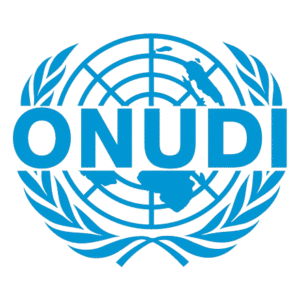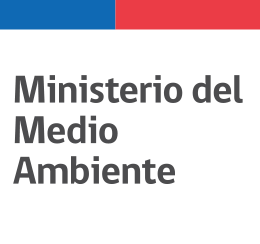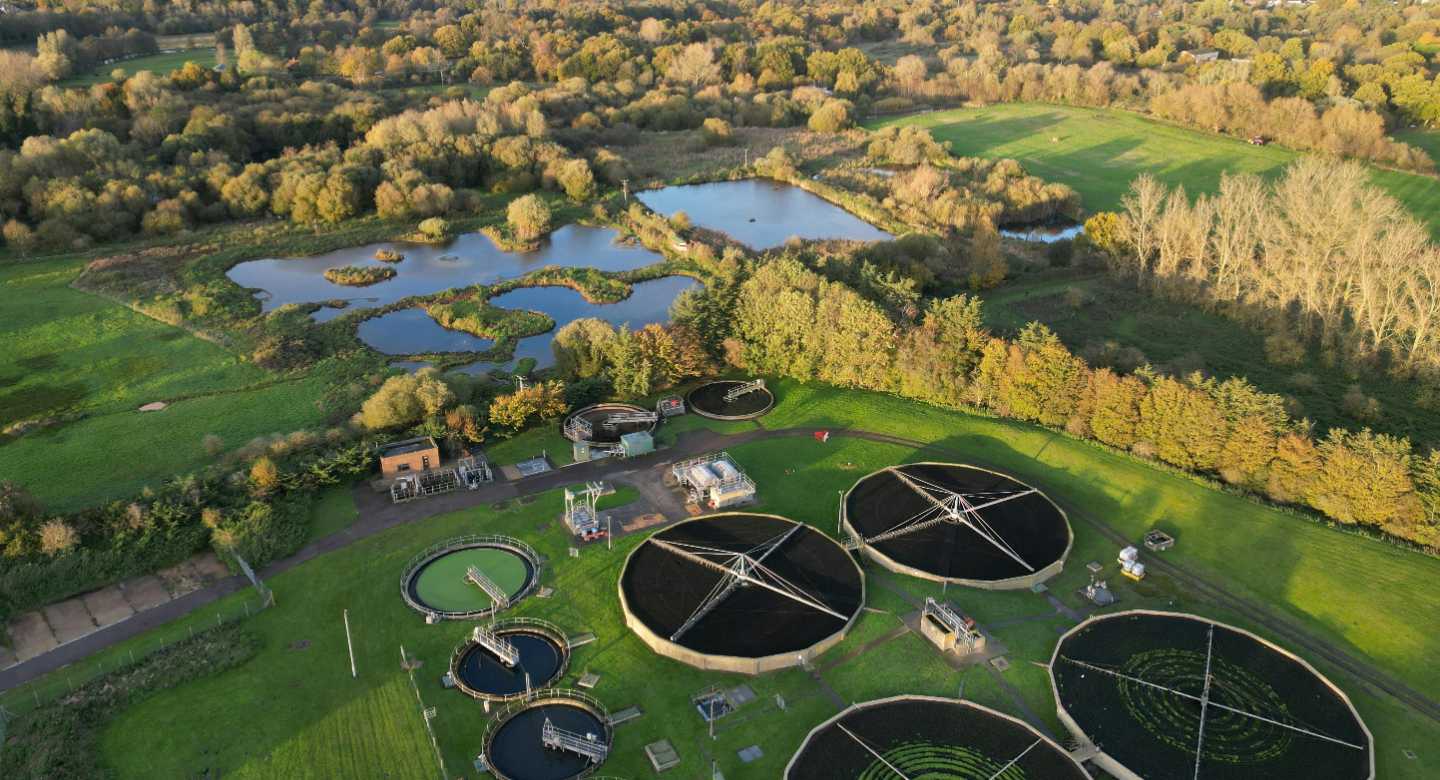Success Stories
Transforming Challenges into Real Impact
For 30 years, we have helped over 600 organizations across 22 countries turn their environmental challenges into strategic opportunities.
From reducing carbon footprints to optimizing energy and implementing circular models, our projects deliver measurable, scalable results.

Our Succes Stories
Services:
Area:
Country:

We developed a roadmap to advance the circular economy within Peru’s industrial sector, focusing on identifying synergies among industrial groups and adapting technical regulations for plastic packaging. We assessed key material flows and promoted sustainable practices. Additionally, we identified critical stakeholders and adjusted regulations to facilitate the transition toward a more efficient and circular production model.

We developed a strategy for managing sustainable industrial zones in Callao, Peru. We conducted an international benchmarking and characterized the industrial zone, setting a precedent for its sustainable management. Additionally, we proposed innovative management models for Sustainable Industrial Zones, including cost identification, a business plan, and operational projections, promoting economic development with environmental responsibility.

We developed the planning for the Circular Economy Roadmap 2040 for Chile’s Metropolitan Region. Through a participatory process, we identified regional priorities and cataloged successful green enterprises, laying the foundation for future sustainable innovations. Additionally, we designed the planning for a shared circular economy vision for the region, incorporating extensive citizen consultations.

We conducted a mapping of financing opportunities for the circular economy in the Dominican Republic, analyzing existing barriers and opportunities for banks and investors. Through workshops and participatory processes with key stakeholders, we developed a circular economy financing guide. This guide was presented to banks, NGOs, and public and private sector actors.

We conducted a comprehensive diagnosis to create a Circular Economy Roadmap for Ecuador, El Salvador, the Dominican Republic, Cuba, and Paraguay. We identified key stakeholders and legal requirements to advance circular economy principles in these countries, laying the groundwork for tailored roadmaps that unlock opportunities for financing and targeted technical assistance focused on sustainability.

We developed a material exchange platform connecting public and private entities in Mexico City, aligned with sustainable development public policies. By assessing the circular economy potential within the construction and demolition sector, we created a prototype for waste exchange, fostering an inclusive and sustainable business model.

We designed the Roadmap for a circular economy model in strategic sectors of the industry in Jalisco, Mexico. We analyzed the global context and circularity requirements for five key sectors, defining strategies for their circular transition. Additionally, we worked collaboratively with key stakeholders to strengthen diagnostics and strategies that promote sustainability and rural livelihoods.

We developed a roadmap to promote the use of Green Climate Fund (GCF) financing, identifying barriers faced by local entities in accessing these funds. We proposed solutions to strengthen capacities and improve institutional frameworks, while also presenting specific actions to facilitate the application for and access to these funds.

We developed decarbonization routes and energy plans for non-interconnected zones in Colombia, focused on driving economic development and sustainability. We identified energy gaps, analyzed infrastructure and energy demands, and created a roadmap to address these gaps in 18 key locations in the Pacific region, promoting a low-carbon future.

We collected data at the SME level on the transition to decarbonization and climate resilience across four Latin American countries. Through an innovative survey, we highlighted best practices in key economic sectors, assessing barriers and opportunities related to digitalization, innovation, and climate change preparedness, thereby enhancing business competitiveness and recovery.

We supported Fundación Avina in redefining its transition plan toward carbon neutrality, assisting with the strategy to calculate emissions from its portfolio and the carbon removals from selected projects. Additionally, we conducted awareness and training activities on carbon neutrality for Avina’s internal team, enhancing their capabilities in sustainability.

We identified gender gaps, barriers, and inequalities in R&D and entrepreneurship within Chile’s energy sector, proposing short- and medium-term measures. We analyzed key barriers in academic and professional training, suggesting actions to enhance gender inclusion, with targets set for 2026 and 2030.

We developed a diagnostic identifying opportunities for accessing international, public, and private funds for Bolivia and Uruguay, focused on the energy transition. We created instruments to access these funds, such as climate fund maps, and provided recommendations to drive the energy transition in both countries, strengthening sustainable development in the electricity sector.

We provided technical advisory to El Salvador’s public authorities, supporting the development of four public policy instruments for energy efficiency. These include the Energy Efficiency Plan for the Industrial Sector, the Best Practices Guide, the Technical Study on Construction Materials, and the Electronic Platform for the Certification of the Sustainable Construction Code.

We conducted a comprehensive diagnostic to identify Uruguay’s geothermal potential and established a roadmap for developing low-enthalpy geothermal technology. Additionally, we proposed a preliminary portfolio of pilot projects and a sectoral roadmap, promoting the use of renewable energy and contributing to national sustainability and climate change commitments.

We developed an action plan to integrate resilience measures into transport projects, focusing on adaptation to climate change impacts. We identified preventive engineering options to strengthen infrastructure and enhance operational safety under adverse climate conditions, optimizing climate adaptability in transport projects across the Andean Region and Southern Cone.

We designed a pilot electromobility project for ASE, using a tailored methodology to identify opportunities in the public and private sectors. We assessed mobility operations and proposed sustainable alternatives, enhancing corporate mobility management. Additionally, we implemented the pilot project, including charging systems and training, driving the adoption of electromobility in both sectors.

We developed gender-differentiated climate risk indicators for four sectors vulnerable to climate change, creating a methodology to integrate a gender perspective into vulnerability analysis. Through sectoral analysis, we proposed indicators and adaptation measures that incorporate gender perspectives for sectors including biodiversity, agriculture, fisheries, aquaculture, and urban areas.

We conducted an analysis of vulnerability and adaptation to climate change in the high mountain areas of the Andean region, with a focus on rural watersheds. We assessed vulnerability variables, considering sectors such as agriculture and tourism, and evaluated private sector participation in adaptation initiatives through an inclusive approach.

We conducted studies to structure and define policies for urban transport, promoting the adoption of zero- and low-emission vehicles in Colombia. We identified funding sources and mechanisms for sustainable transport systems and designed an information management system for these initiatives. Additionally, we enhanced capabilities in sustainable urban transport through seminars and workshops.
Results That Drive Change
Climate Change

Energy Transition

Sustainability


Together, We Set the Standard for Sustainability and Climate Leadership
For over 30 years, we have driven the transformation of industries and ecosystems.
- 5 strategically located offices
- Proven impact across 22+ countries
- Over 600 successful collaborations
